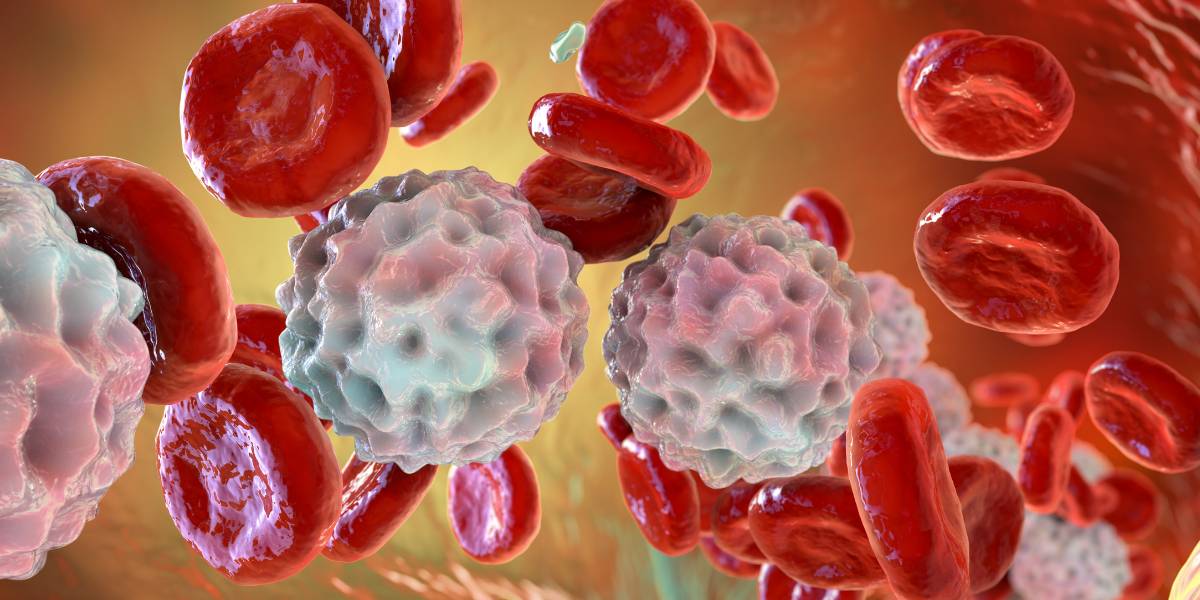There are few early symptoms of retinopathy. Diabetic retinopathy symptoms usually develop gradually due to high blood sugar levels which damage blood vessels within the retina.
Retinopathy may develop over a number of years or decades and the earliest signs of retinopathy are only visible from having a retinopathy screening check
Symptoms of diabetic retinopathy
In developed retinopathy, typical symptoms of retinopathy may include one or more of the following signs:
- Sudden changes in vision
- Distorted vision
- Blurred vision
- Floaters in your vision
- Seeing dark spots or patches
- Reduction in night vision
- Loss of vision
Complications of retinopathy in later stages can include blindness or retinal detachment.
In some cases, loss of vision may be temporary but it is important to contact your health team if you notice any significant changes in vision.
What is retinopathy?
Retinopathy refers to damage to the retina. Diabetic retinopathy is caused by high blood sugar levels. Retinopathy can also develop faster due to high blood pressure
Managing your blood sugar levels is essential as high blood sugar levels , which damage the blood vessels of the retina, can lead to these blood vessels bleeding or to the growth of abnormal blood vessels.
Get tested for retinopathy
Symptoms may not be noticeable during the early stages of retinopathy.
In most cases, a simple retinopathy screening test will allow your healthcare team to determine any changes in the blood vessels of your retina. You should receive an invitation to a screening test at least once a year.
Speak to your GP or health team if you have not received an invitation within the last year.
This will allow them to establish whether you have or are developing diabetic retinopathy and allow them to advise treatment to limit the progression of retinopathy








